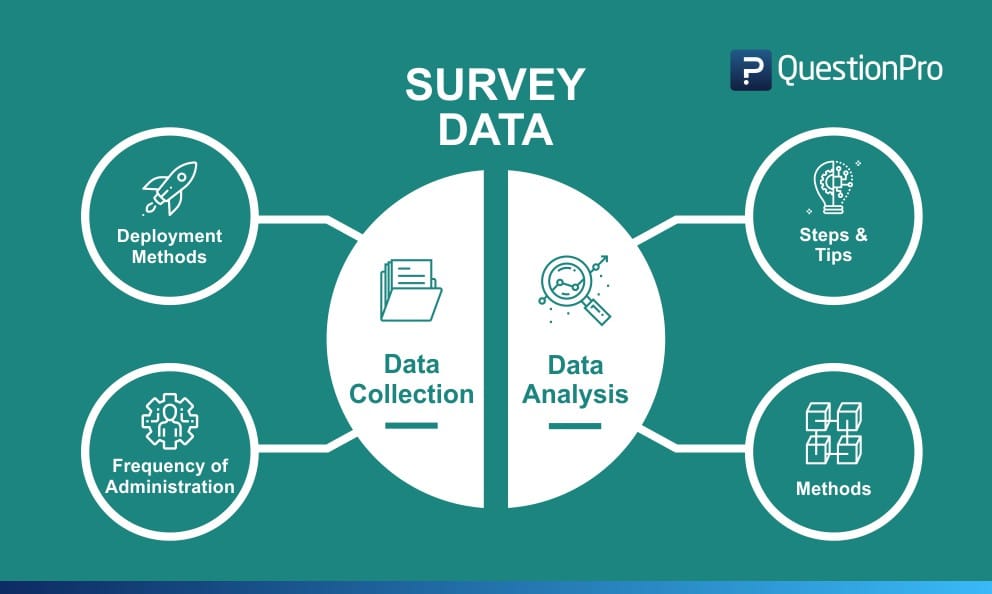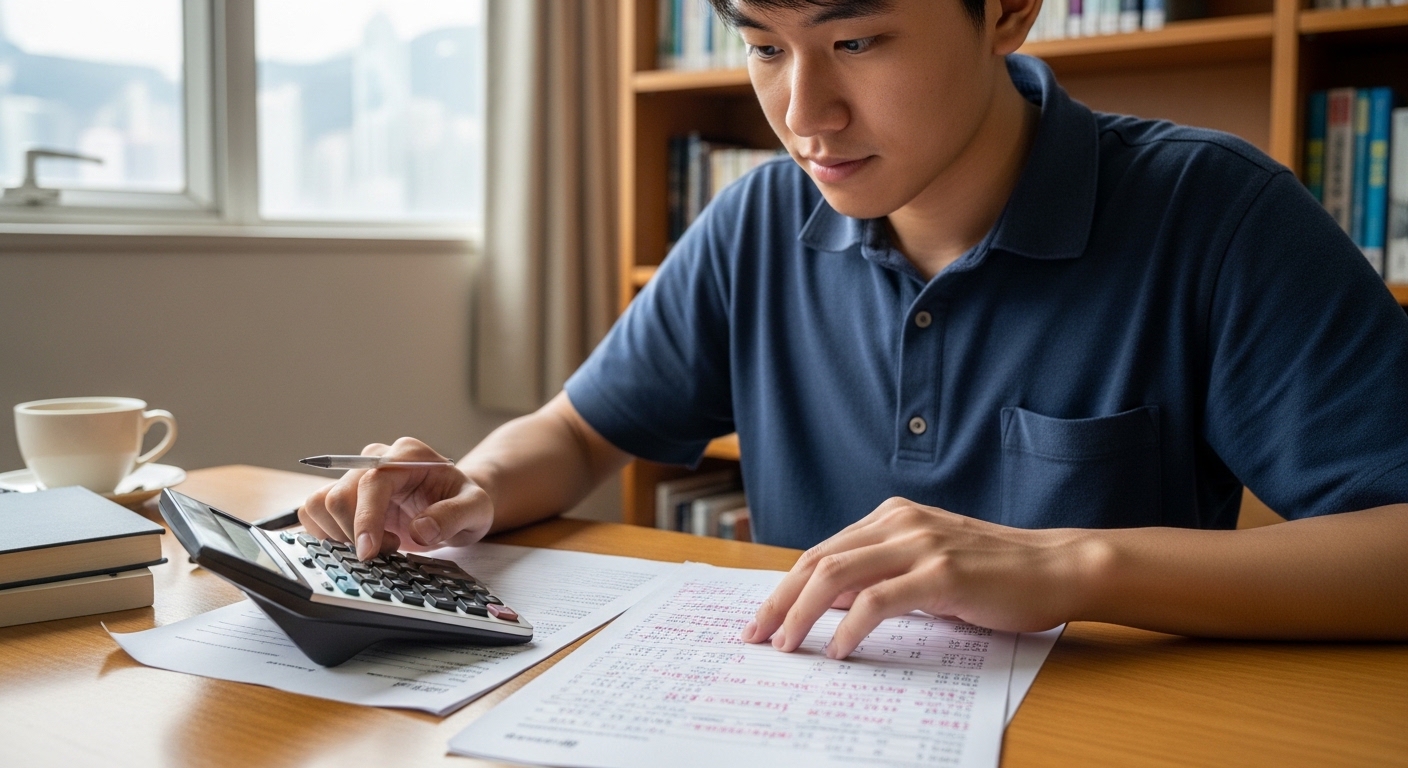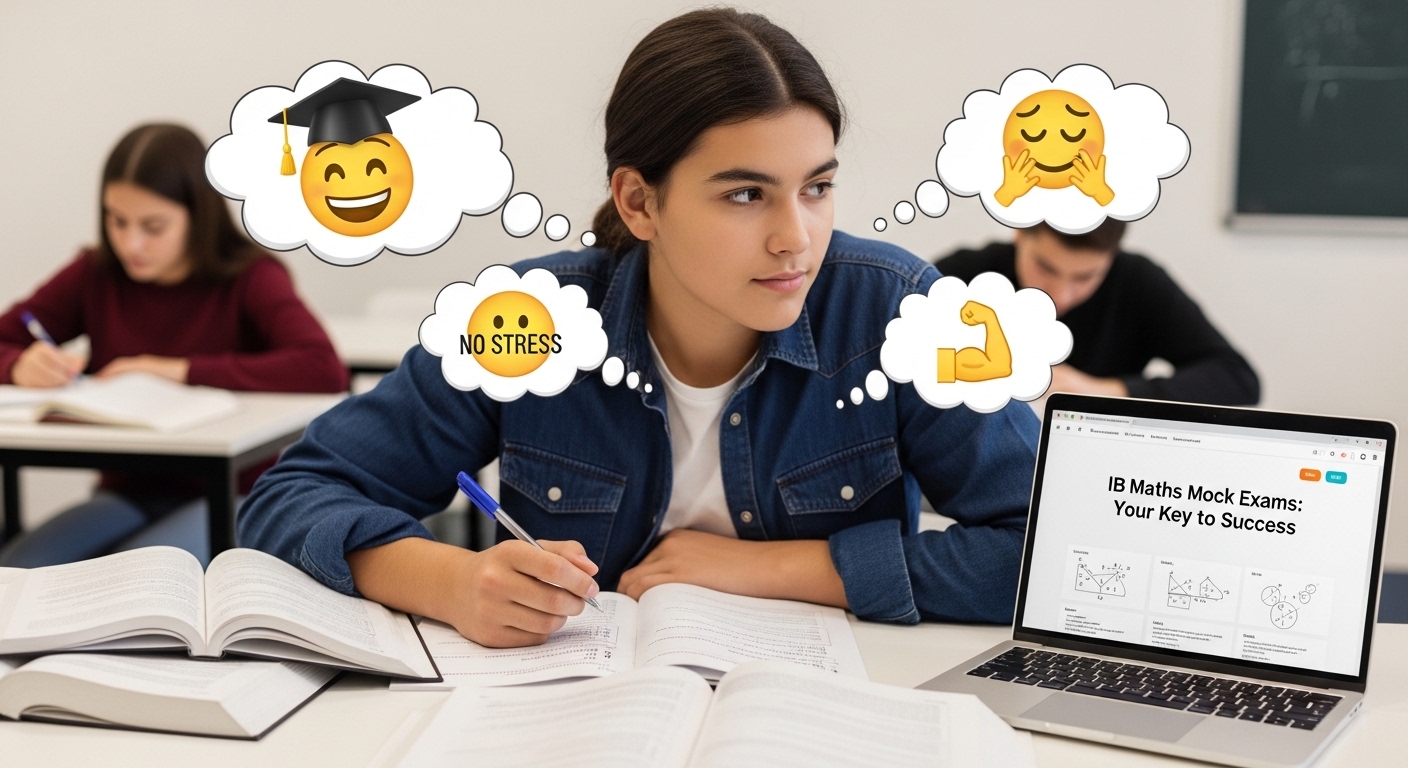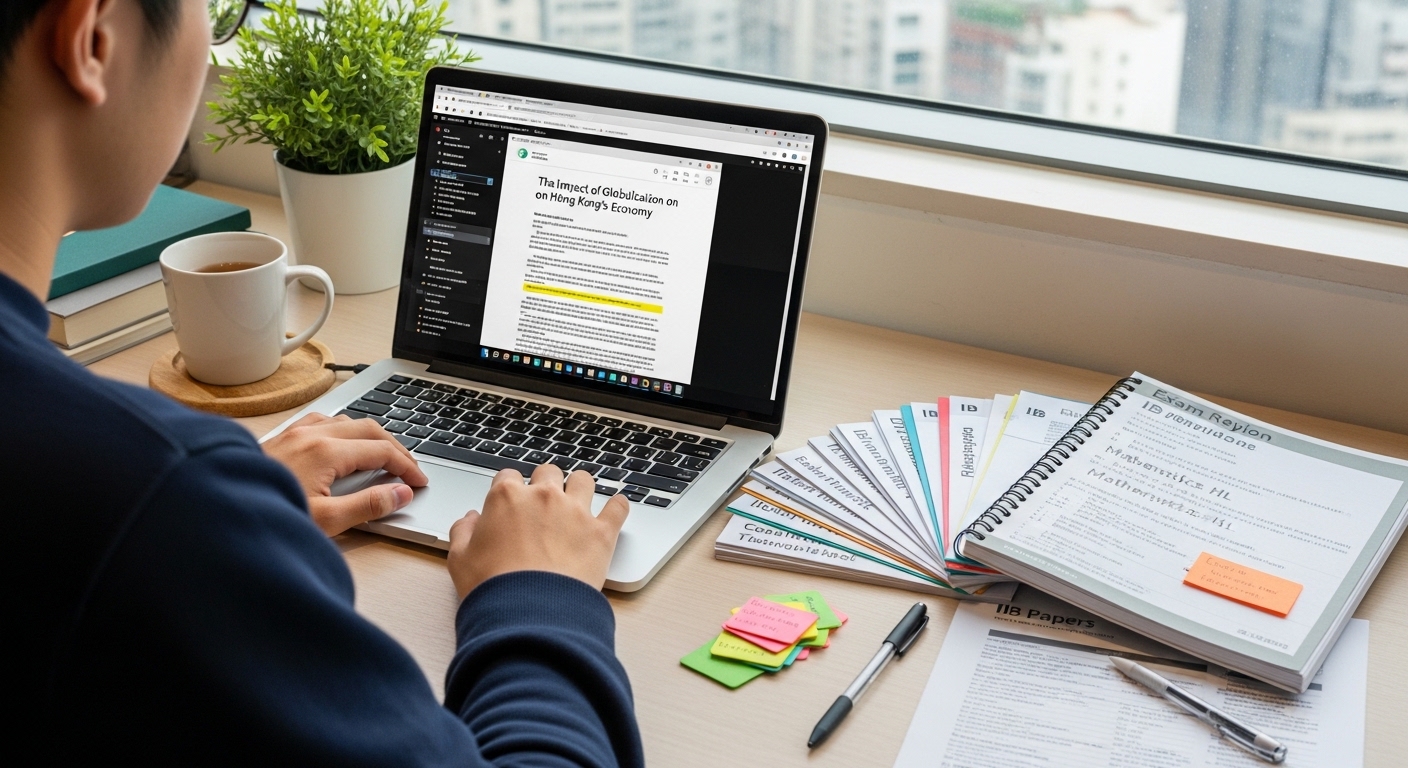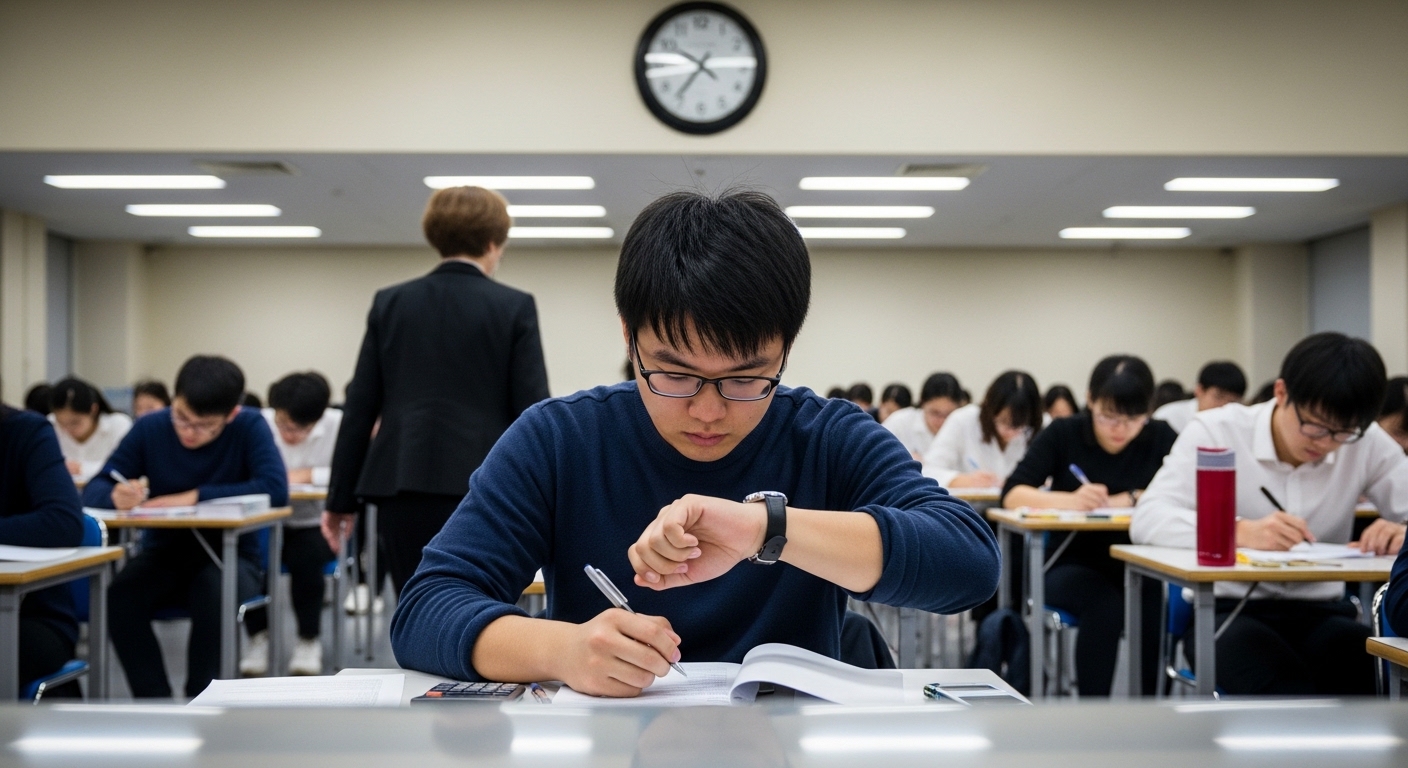Introduction: Why Mastering Statistics for GCSE Maths is Essential
Statistics is a vital part of GCSE Maths, helping students develop skills in collecting, analyzing, and interpreting data. Whether you’re calculating averages, working with probability, or representing data visually, mastering statistics is crucial for exam success.
This guide will break down key statistical concepts, problem-solving methods, and practical tips to help you excel in your GCSE Maths exams.
2. Calculating Averages
Averages provide a summary of data sets. The three key types of averages are:
- Mean: The sum of all values divided by the number of values.
- Median: The middle value in an ordered data set.
- Mode: The most frequently occurring value.
Example:
For the data set 2, 4, 4, 6, 8, the averages are:
- Mean: (2+4+4+6+8) ÷ 5 = 4.8
- Median: 4
- Mode: 4
Action Step:
- Practice calculating averages using different data sets from past GCSE Maths papers.
3. Understanding Measures of Spread
Measures of spread describe how data is distributed. The main ones are:
- Range: Difference between the highest and lowest values.
- Interquartile Range (IQR): The range of the middle 50% of data.
Example:
For the data set 1, 3, 5, 7, 9:
- Range: 9 – 1 = 8
- IQR: 7 – 3 = 4
Action Step:
- Work through sample questions involving measures of spread.
4. Representing Data Visually
Statistics often require data representation using:
- Bar Charts: For categorical data.
- Histograms: For continuous data.
- Pie Charts: For proportions.
- Scatter Graphs: For relationships between two variables.
Action Step:
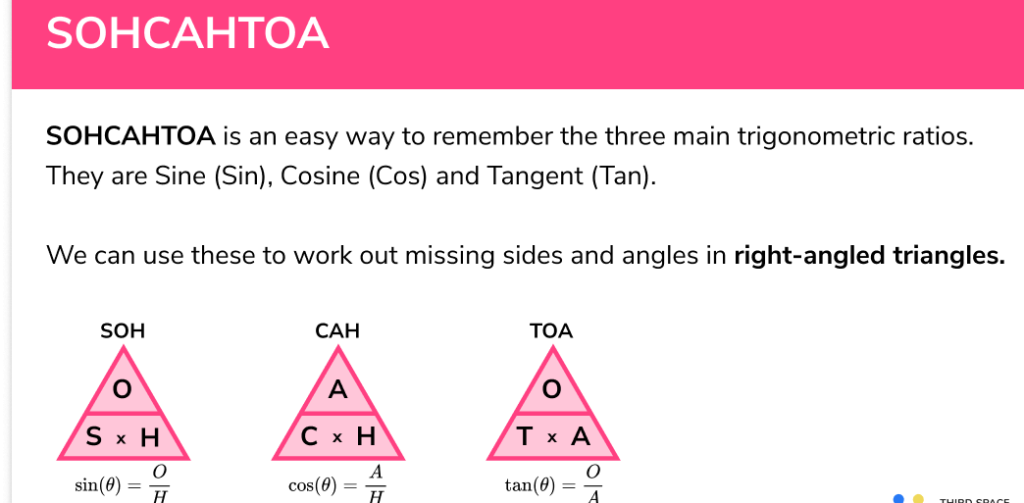
5. Understanding Probability
Probability measures the likelihood of an event happening. It ranges from 0 (impossible) to 1 (certain).
Example:
If a die is rolled, the probability of rolling a 3 is:
P(3) = 1/6
Action Step:
- Solve probability problems involving independent and dependent events
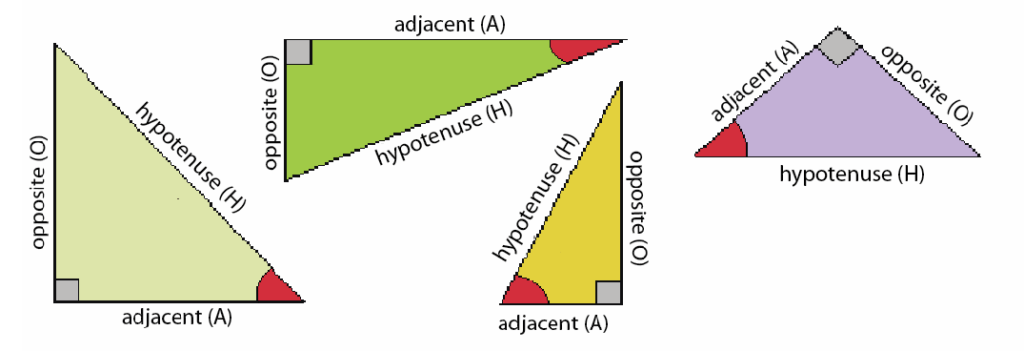
Key Skills for Mastering Statistics for GCSE Maths
1. Analyzing Data
Statistical analysis involves summarizing data and drawing conclusions.
Action Step:
- Identify trends in past paper data sets.
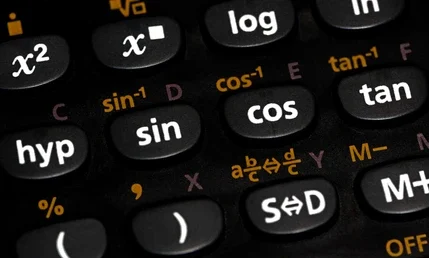
2. Using Statistical Measures
Mastering mean, median, mode, range, and IQR ensures you can effectively interpret data.
Action Step:
- Regularly practice calculations for different statistical measures.
3. Interpreting Graphs
Graphs help in understanding data relationships and trends.
Example:
A scatter graph may show a positive correlation between revision time and exam scores.
Action Step:
4. Solving Probability Problems
Mastering probability includes understanding simple, combined, and conditional probabilities.
Example:
If a bag contains 3 red balls and 2 blue balls, the probability of drawing a red ball is:
P(Red) = 3/5
Action Step:
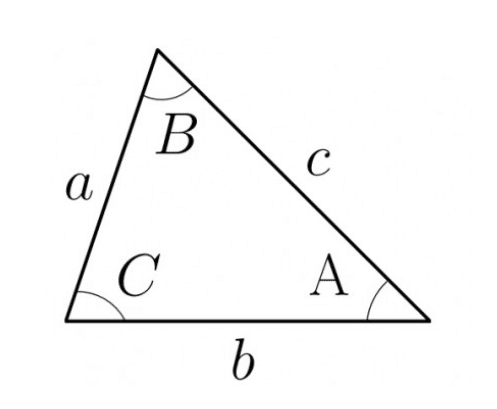
Common Mistakes to Avoid in GCSE Statistics
- Incorrect Calculations: Always double-check your mean, median, and probability answers.
- Misinterpreting Data: Ensure you correctly identify trends in graphs.
- Ignoring Units: Always include correct units when working with data.
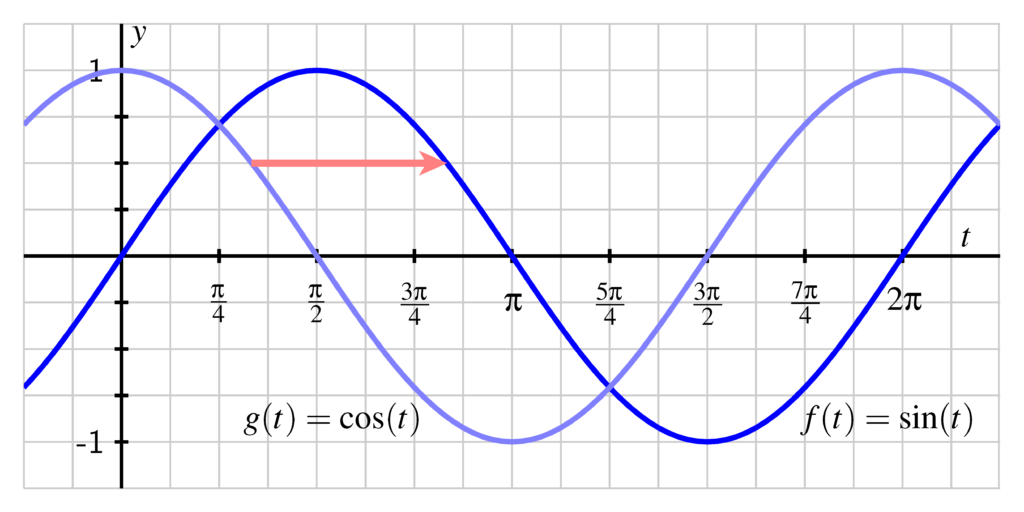
How a GCSE Maths Tutor Can Help with Statistics
A GCSE Maths tutor can provide tailored support, helping you:
- Understand tricky statistical concepts.
- Improve problem-solving skills.
- Gain confidence in exam techniques.
Action Step:
- Visit MathZem to connect with an expert GCSE Maths tutor for personalized guidance.
FAQs About Mastering Statistics for GCSE Maths
1. What’s the best way to memorize statistical formulas?
- Use flashcards and apply formulas in practice questions.
2. How do I solve probability problems easily?
- Identify the total number of outcomes and the number of favorable outcomes.
3. Can I use a calculator for statistics?
- Yes, but ensure you understand the mathematical concepts behind the calculations.
4. What if I’m struggling with data interpretation?
- Break the problem down into smaller steps and seek guidance from a tutor.
Final Thoughts: Mastering Statistics for GCSE Maths for Exam Success
Mastering statistics for GCSE Maths success, whether you’re analyzing data, solving probability problems, or interpreting graphs. By practicing regularly, understanding key concepts, and using the right resources, you can approach statistical questions with confidence.
Get Expert Help for Mastering Statistics for GCSE Maths
Want to improve your statistics skills and ace your GCSE Maths exam? Visit MathZem for:
✅ Expert video tutorials
✅ Practice questions
✅ Access to top GCSE Maths tutors
Take your statistics revision to the next level—start today!
